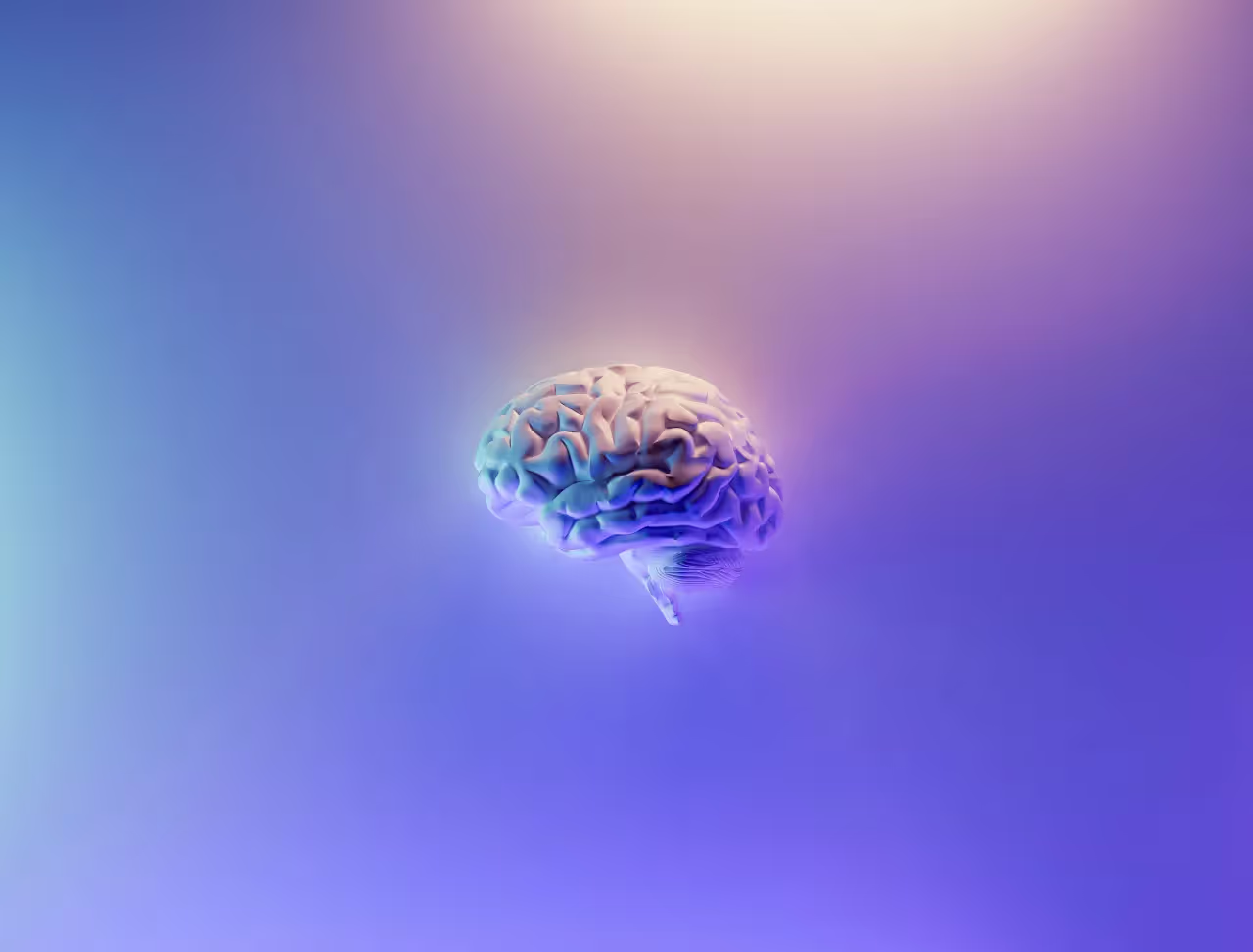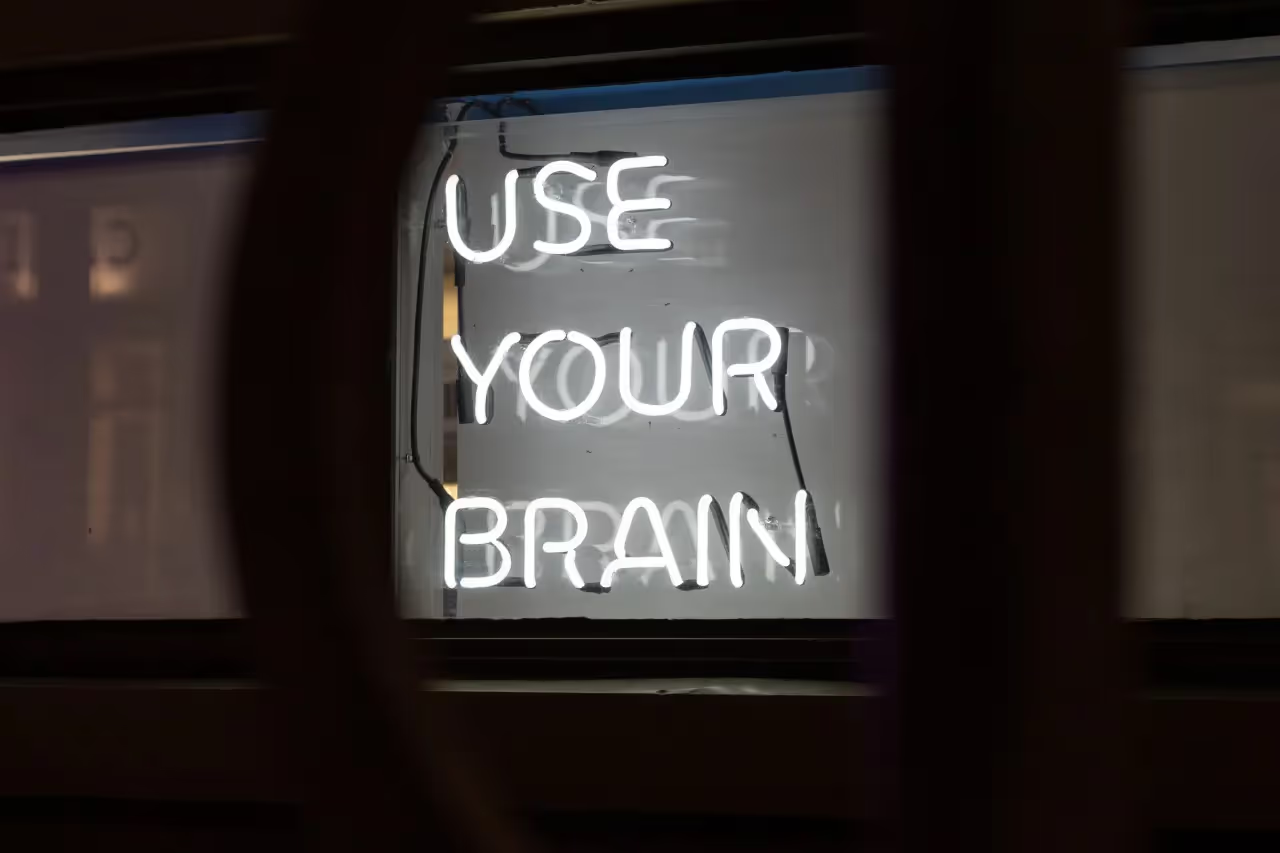There is a lot of stigmas attached to having an addiction, but what most people don't understand is that addiction is a brain disease.There has been recent...

There is a lot of stigmas attached to having an addiction, but what most people don't understand is that addiction is a brain disease.
There has been recent scientific evidence that has drastically changed how scientists and counselors view addiction and people who struggle with addiction.
The most important of these findings is that addiction is a brain disease.
Drug and alcohol addiction is caused by the neurology in your brain.
Addiction is not about bad behaviors or poor choices.
And, it doesn't reflect a lack of character or weakness.
We often blame ourselves or the other person who is struggling with addiction by focusing on their choices, their actions, or think of them as broken or bad.
Judgment keeps addicts stuck on addiction cycles: like a record that gets stuck on a groove.
Research has shown that the stigma around addiction prevents people from seeking the help that they need.
This is reinforced by the fact that addiction is treated like a criminal justice issue.
People who struggle with addiction to drugs are more likely to be arrested or to spend time in jail or prison.
This is because drugs are illegal in most states.
Among people who are incarcerated because of drugs, only around 10% receive any treatment for their addiction.
This means that addiction gets treated with a prison sentence more often than counseling.
Research shows that reducing stigma is one of the biggest steps toward healing addiction.
While we can't change the public's attitude instantly: try to destigmatize drug and alcohol use for yourself and the people in your life.
You might also want to speak out if you hear anyone sharing negative views of people with addiction.

Addiction begins in the brain.
Too often addiction is seen as a bad choice or a lack of self-control.
Recent scientific studies show that addiction is a brain disease. It is about our neurology, not our actions.
When the brain receives a pleasure signal, it registers that pleasure and produces dopamine.
This can be from food, sex, accomplishment, nature, or anything that gives you pleasure.
This is also the mechanism that occurs when you take drugs or drink alcohol: your brain's pleasure signal produces dopamine just like from other forms of pleasure.
In fact, your brain has no ability to distinguish between dopamine from drugs and dopamine from other activities.
An addicted person's inability to stop taking drugs or drinking alcohol has been shown to be a product of shortages in the prefrontal cortex.
This means that addiction stems from your brain, but then it begins to hijack and change the brain.
Addiction will convince your brain it needs extreme amounts of pleasure to survive.
It will also eventually only identify drugs or alcohol as sources of pleasure.
This can reduce your motivation to engage with other parts of your life.
This leads to a life being consumed by addiction.
These neurological reasons for the addiction are probably why addiction seems to have a genetic link.
People who have addiction in their families will be more likely to experience it themselves.
This is because addiction is a brain disease and can be passed on genetically.

While addiction is caused by the structure of your brain, it can also have long-term effects on your brain.
Your brain is adaptable.
But, addiction takes your own neuroplasticity and uses it against itself.
Instead of your brain being rearranged for good - like happens with meditation or exercise - your brain becomes rearranged to feed your addiction.
Frequent substance abuse desensitizes the reward system in your brain.
This lessens your brain's ability to feel pleasure in the activities you typically enjoy.
Not dissimilar from the way that depression does.
Addiction increases your body's stress responses.
This will often result in increased cravings for drugs and alcohol; but then, less enjoyment when using them.
This catapults you into a cycle that is more likely to cause you to binge as it becomes harder to feel satisfaction.
Addiction also weakens the parts of your brain related to executive functioning.
These are skills associated with making decisions, regulating impulses, and self-control.
The decrease in executive skills will result in more risky behaviors which will probably cause addiction to worsen.
Long-term addiction sets the brain into permanent alert mode.
This means the brain continuously produces stress hormones which can trigger anxiety.
Understanding that addiction is a brain disease is an important step to understanding why you or someone you love might be struggling with addiction.
It's not their fault and it's not your fault either.
Addiction is caused by the brain.
But, changing your brain's behavior, also changes your behavior.
This means that addiction starts in the brain but eventually becomes a psychological issue as well.
This is why the smartest way to get treatment for addiction is a combination of medical treatment and counseling.
The changes that addiction makes to your brain mean that addiction won't go away without proper treatment.
Alcoholism refers to a disease that is characterized by a strong craving for alcohol and an inability to control one's drinking.
Some common signs of alcohol abuse include drinking more than intended, neglecting responsibilities, and continuing to drink despite negative consequences
Treatment for alcohol abuse often includes counseling, support groups, and medication. With the right help, your spouse can recover from alcoholism and go on to lead a healthy and happy life.
The best way to help an addict without enabling them is by setting boundaries and getting help for yourself. It is important to remember that you cannot control the addict's behavior, but you can offer support and understanding. With time and patience, you can help your loved one recover from addiction.
Alcohol abuse is a pattern of drinking that leads to problems in one's personal, professional, or social life.
If you think you might be struggling with alcohol abuse, the first step is to talk to your doctor. Your doctor can help you assess your drinking habits and recommend treatment options. There are also many different types of treatment programs available for alcohol abuse, so you can find one that fits your needs and circumstances. Additionally, support groups can be a valuable resource for anyone struggling with alcohol abuse. These groups provide a safe space to share your experiences and connect with others who are facing similar challenges.